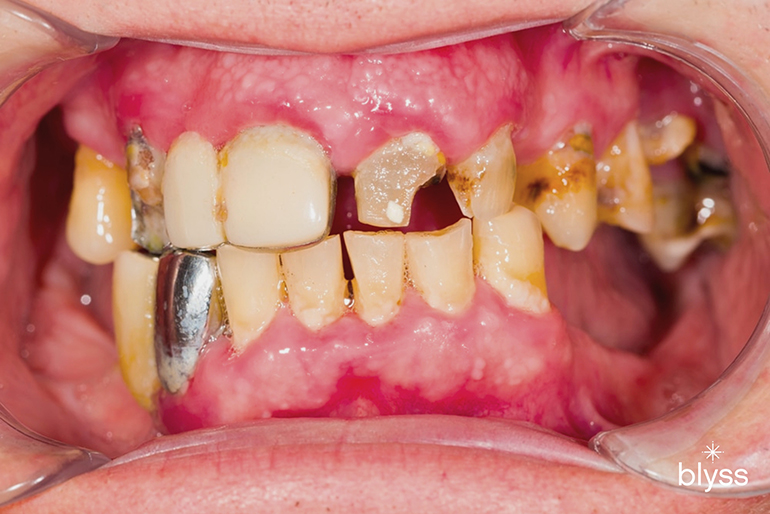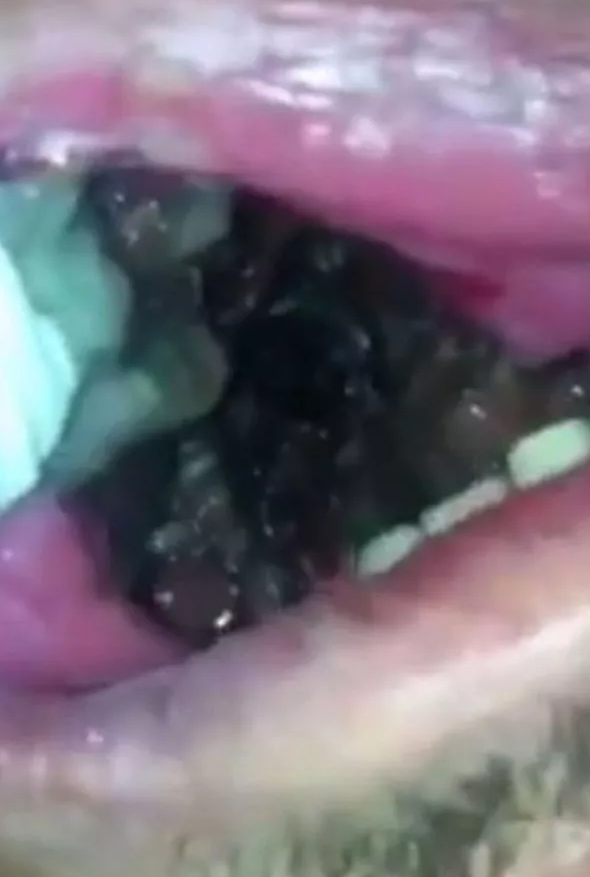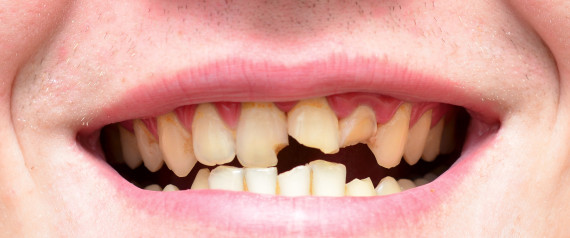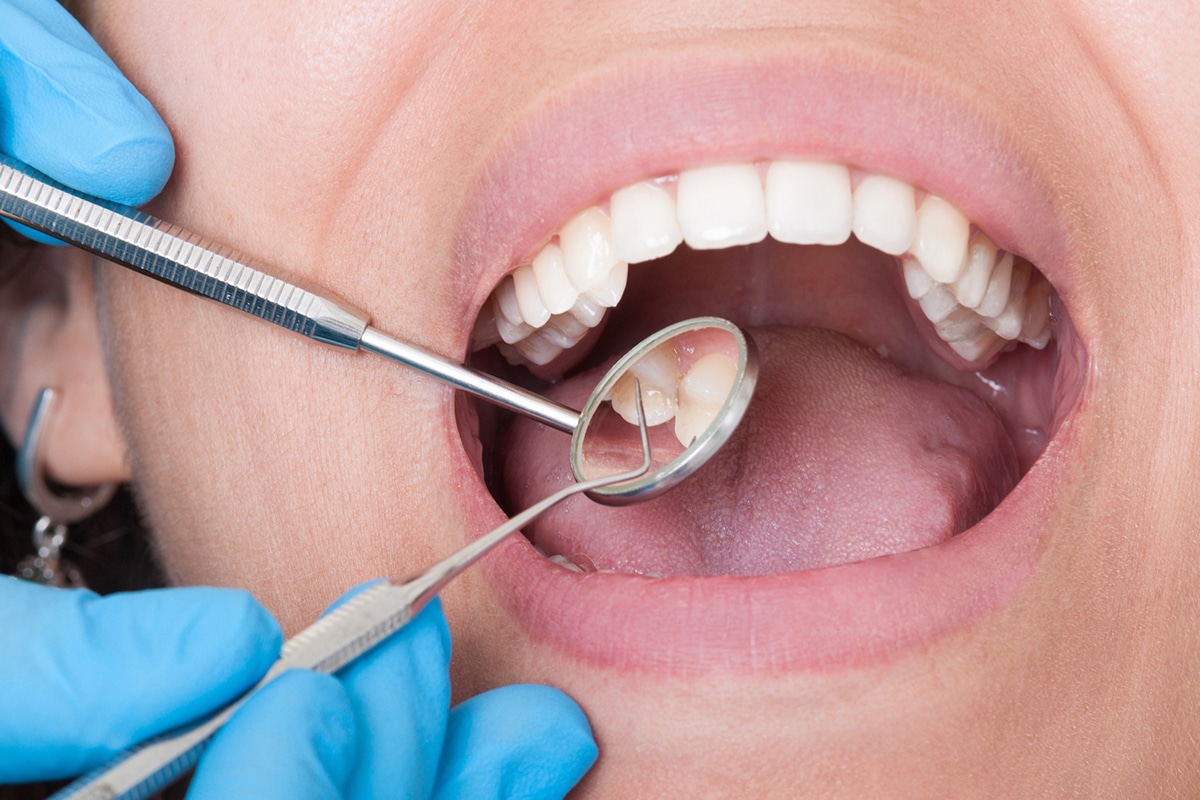
Introduction: Maintaining good oral health is crucial for overall well-being, but various factors can contribute to dental issues. This article explores common dental problems, their causes, symptoms, and preventive measures.
:max_bytes(150000):strip_icc()/close-up-of-dentist-s-angled-mirror-in-woman-s-mouth-141338597-572263475f9b58857dc68c7a.jpg)
**1. Tooth Decay: Causes: Tooth decay, or cavities, occurs when bacteria in the mouth produce acids that erode tooth enamel. Symptoms: Sensitivity, toothache, visible pits or holes. Prevention: Regular brushing, flossing, and dental check-ups.
**2. Gum Disease: Causes: Poor oral hygiene, smoking, certain illnesses. Symptoms: Swollen or bleeding gums, bad breath, receding gums. Prevention: Brushing, flossing, regular dental cleanings.
**3. Tooth Sensitivity: Causes: Exposed dentin, worn enamel, cavities. Symptoms: Pain or discomfort when consuming hot, cold, sweet, or acidic foods. Prevention: Using toothpaste for sensitive teeth, avoiding acidic foods.
**4. Tooth Abscess: Causes: Bacterial infection, untreated cavity. Symptoms: Severe toothache, swelling, fever. Prevention: Prompt treatment of cavities, good oral hygiene.

**5. Oral Cancer: Causes: Tobacco use, excessive alcohol consumption, HPV infection. Symptoms: Unexplained weight loss, persistent mouth sores, difficulty swallowing. Prevention: Regular dental check-ups, avoiding tobacco and excessive alcohol.
**6. Bruxism (Teeth Grinding): Causes: Stress, misaligned teeth, sleep disorders. Symptoms: Headaches, jaw pain, worn-down teeth. Prevention: Stress management, wearing a mouthguard at night.

Conclusion: Maintaining optimal oral health involves a combination of regular dental care, good hygiene practices, and a healthy lifestyle. If you experience persistent dental issues, it’s essential to consult with a dentist for professional advice and treatment.
Remember, this article is for informational purposes only and should not be considered a substitute for professional dental advice.
Understanding Common Dental Issues: Causes, Symptoms, and Prevention
Good oral health is crucial for overall well-being, yet many people underestimate the importance of maintaining healthy teeth and gums. Dental issues can arise from various factors, including poor oral hygiene, dietary habits, and genetic predispositions. This article aims to shed light on some common dental problems, their causes, symptoms, and preventive measures.

- Tooth Decay (Cavities): Causes: Tooth decay, or cavities, is primarily caused by the accumulation of plaque—a sticky film of bacteria—on teeth. The bacteria produce acids that erode tooth enamel, leading to decay. Symptoms: Initial signs may include tooth sensitivity, pain, and visible pits or holes in the affected tooth. Prevention: Regular brushing and flossing, limiting sugary foods and drinks, and routine dental check-ups are key preventive measures.
- Gum Disease (Gingivitis and Periodontitis): Causes: Poor oral hygiene is a primary cause of gum disease. Gingivitis, the early stage, involves inflammation of the gums. If left untreated, it can progress to periodontitis, which affects the supporting structures of the teeth. Symptoms: Red, swollen gums, bleeding during brushing, and persistent bad breath are common symptoms. Prevention: Brushing and flossing, regular dental cleanings, and avoiding tobacco can help prevent gum disease.
- Tooth Sensitivity: Causes: Tooth sensitivity can result from worn enamel, exposed tooth roots, or cavities. It may also be a side effect of teeth whitening treatments. Symptoms: Pain or discomfort when consuming hot, cold, sweet, or acidic foods and drinks. Prevention: Using desensitizing toothpaste, maintaining good oral hygiene, and avoiding excessive consumption of acidic or sugary foods can help prevent tooth sensitivity.
- Oral Cancer: Causes: Tobacco use, excessive alcohol consumption, and human papillomavirus (HPV) are common risk factors for oral cancer. Symptoms: Persistent mouth sores, swelling, difficulty swallowing, and changes in voice are potential indicators. Prevention: Regular dental check-ups, avoiding tobacco and excessive alcohol, and practicing safe sex to reduce HPV risk can contribute to oral cancer prevention.
- Bad Breath (Halitosis): Causes: Poor oral hygiene, certain foods, tobacco use, and underlying health issues can contribute to bad breath. Symptoms: Persistent unpleasant breath, often accompanied by an unpleasant taste in the mouth. Prevention: Regular brushing and flossing, staying hydrated, and avoiding tobacco and certain foods can help prevent bad breath.

Conclusion: Understanding the causes, symptoms, and preventive measures for common dental issues is essential for maintaining optimal oral health. Adopting good oral hygiene practices, making healthy lifestyle choices, and scheduling regular dental check-ups are key steps in preventing dental problems and ensuring a confident and healthy smile.


















































